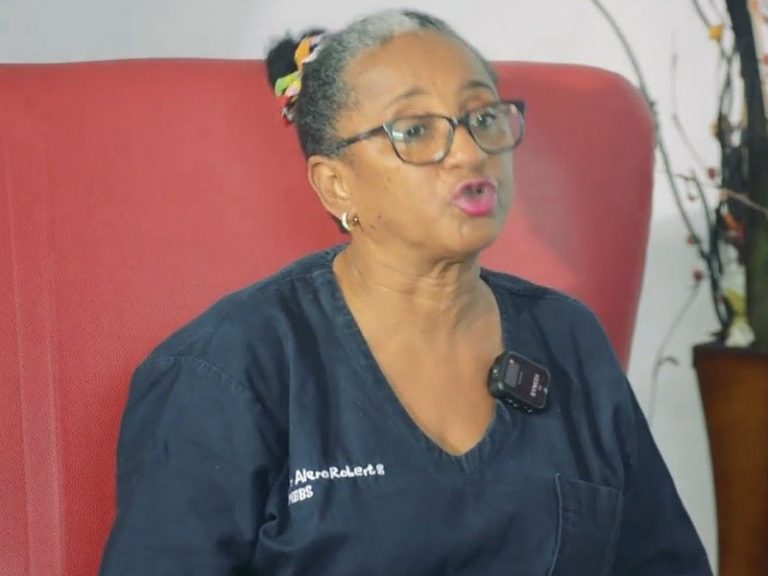
The Delta State Government has introduced a revised dress code for public servants, aimed at reinforcing discipline, promoting decency, and projecting a professional image across its civil service.
In a statement released on its official X handle on Thursday, the government explained that the move was necessary to address the rising trend of “improper dressing” and to uphold the integrity of the public service.
The circular emphasized that senior officers must lead by example in adhering to the new standards, warning that sanctions under Public Service Rule No. 04314 would apply to violators.
Dress Code for Male Officers
Grade Levels 13 and above: Complete suits are mandatory (except for uniformed staff).
Grade Levels 07–12: Suits, or trousers with shirts and ties.
Administrative Officers: Must always appear in suits.
Grade Levels 01–06: Expected to comply, except drivers and plant operators, who are restricted to uniforms or trousers with shirts.
Traditional wear (senator suits, caftans, native shirts with trousers and caps) permitted only on Fridays and special occasions.
Prohibited: Resource control/papas caps and bushy beards.
Dress Code for Female Officers
Grade Levels 13 and above: Trouser suits, skirt suits, or corporate gowns below the knee (trousers only when part of a suit).
Grade Levels 07–12: Knee-length gowns with sleeves, or skirts with blouses.
Grade Levels 01–06: Similar standards as above.
Traditional attire (buba and wrapper, African print gowns, cultural wear) allowed only on Fridays and special occasions, but must include proper sleeves.
Prohibited: Sleeveless or spaghetti-strap dresses, cleavage-baring outfits, braided or tinted hair, long eyelashes, artificial nails, and provocative styles.
The government directed Heads of Departments to enforce strict compliance, warning that offenders could be sent home to change or face stiffer disciplinary measures.
Permanent Secretaries and Heads of Extra-Ministerial Departments have also been instructed to publicize the revised dress code widely across ministries and agencies.
According to the statement, the guidelines are designed not only to curb indecent dressing but also to instill discipline, promote professionalism, and safeguard the integrity of the Delta State Public Service.



